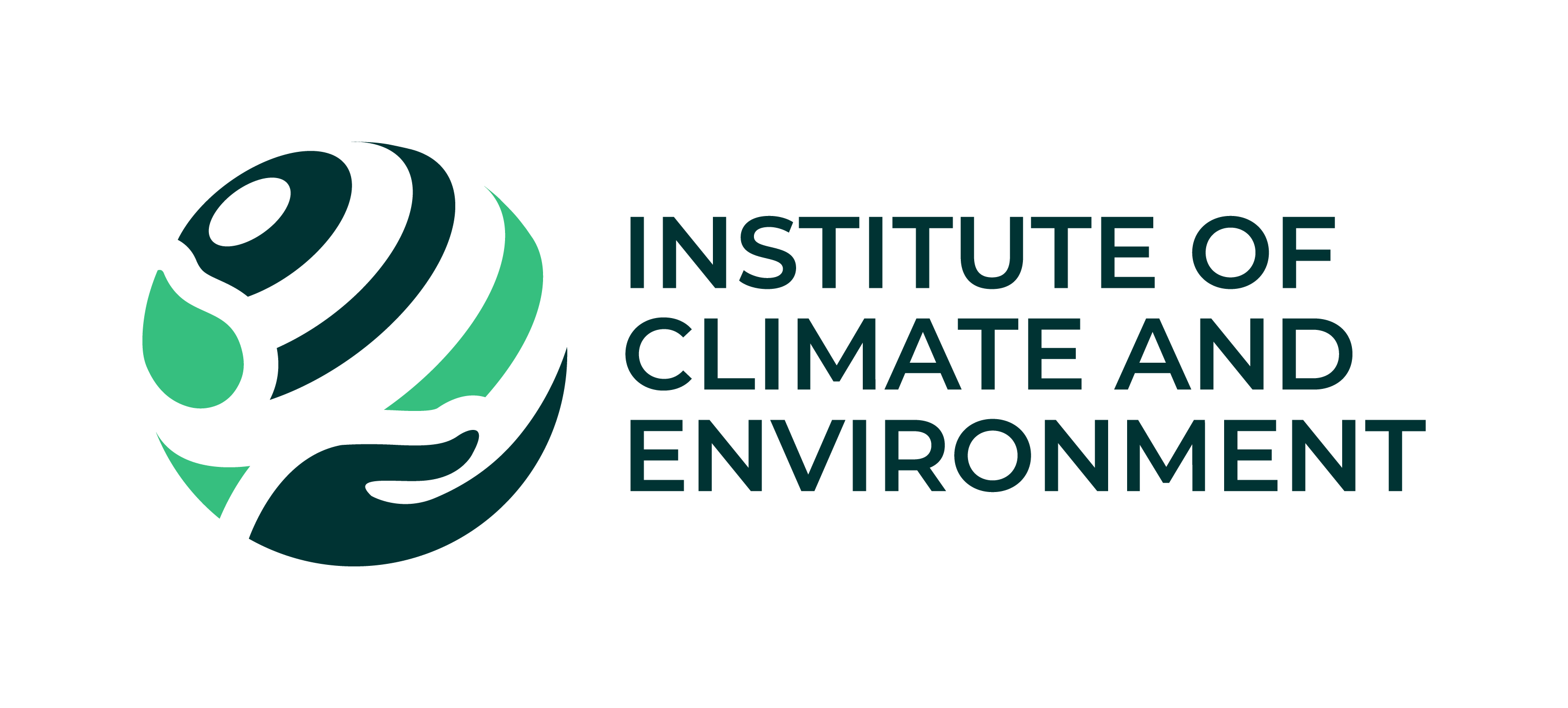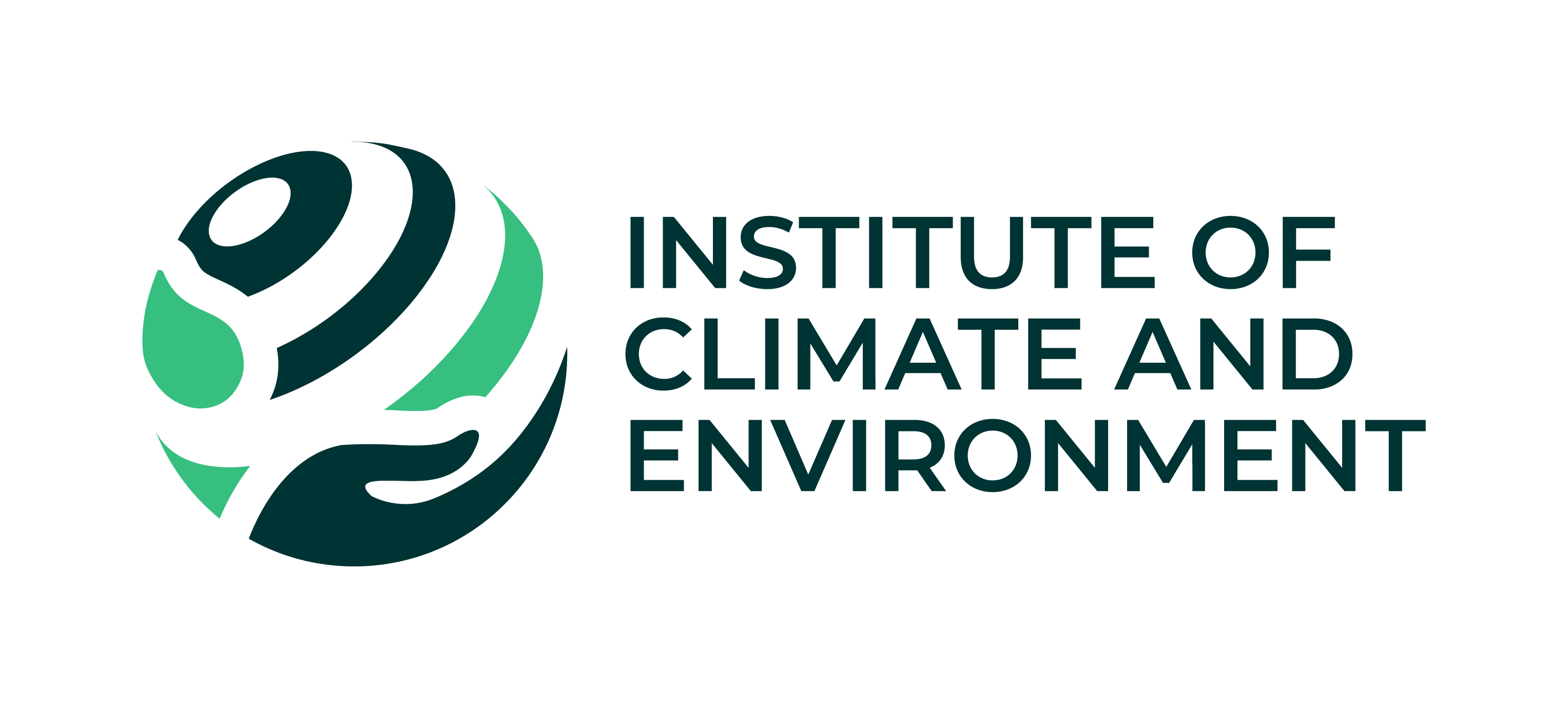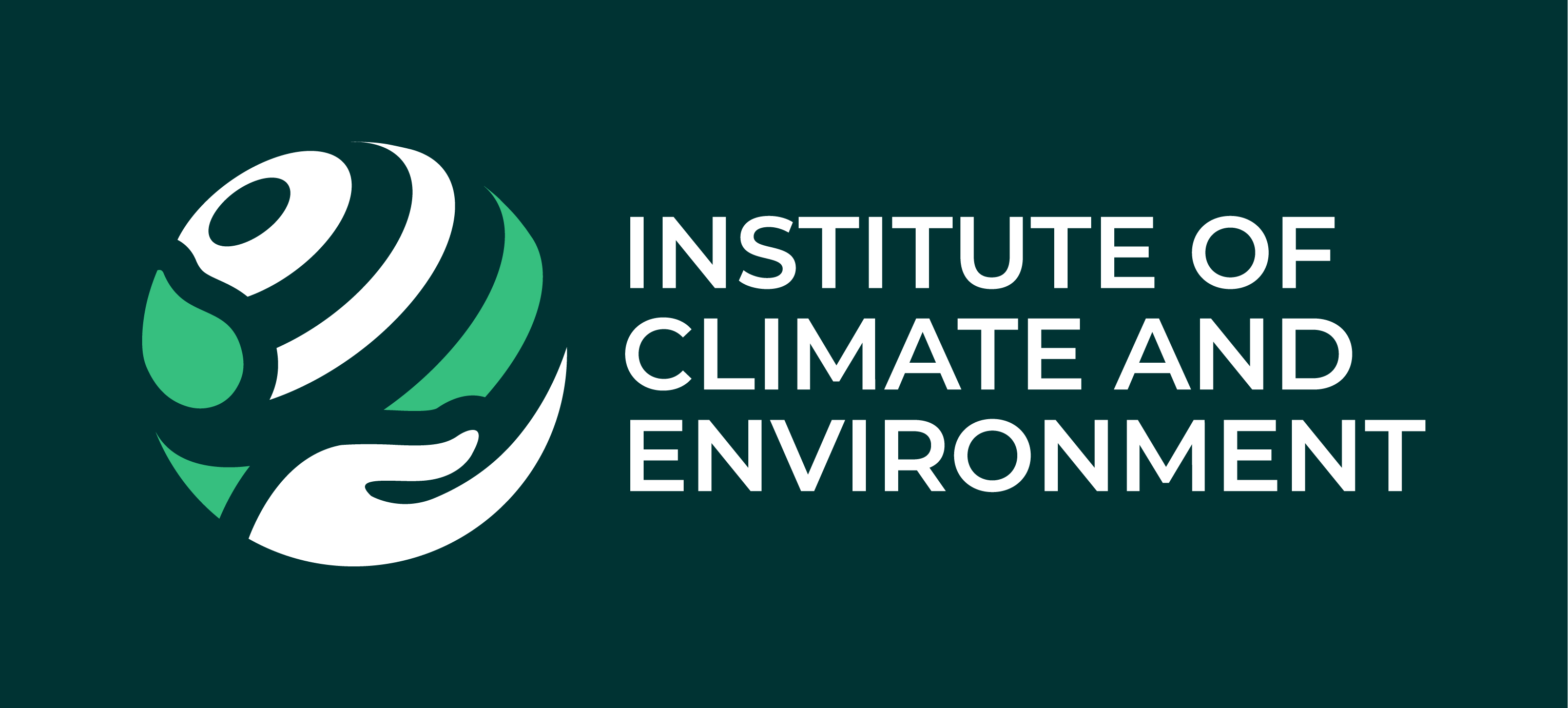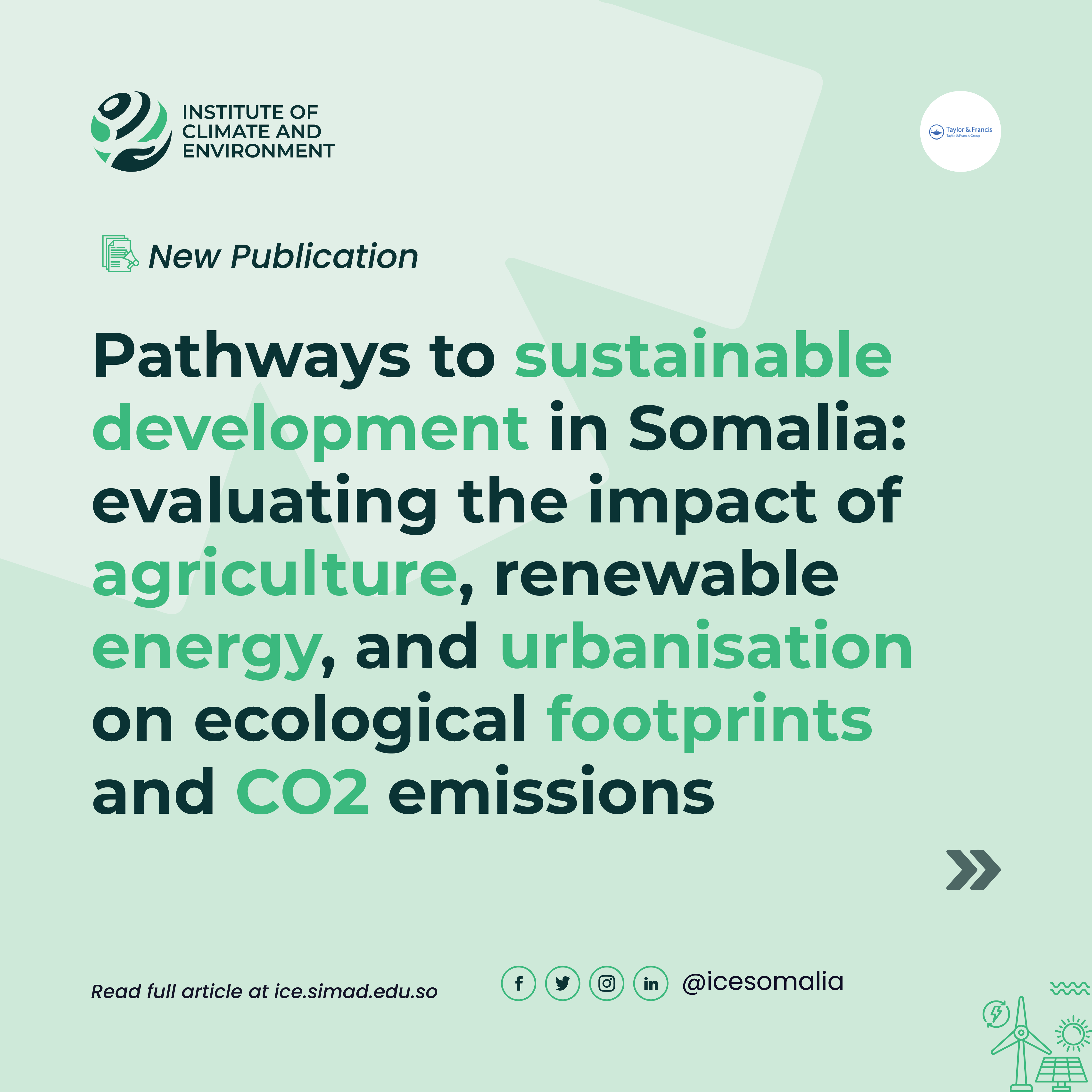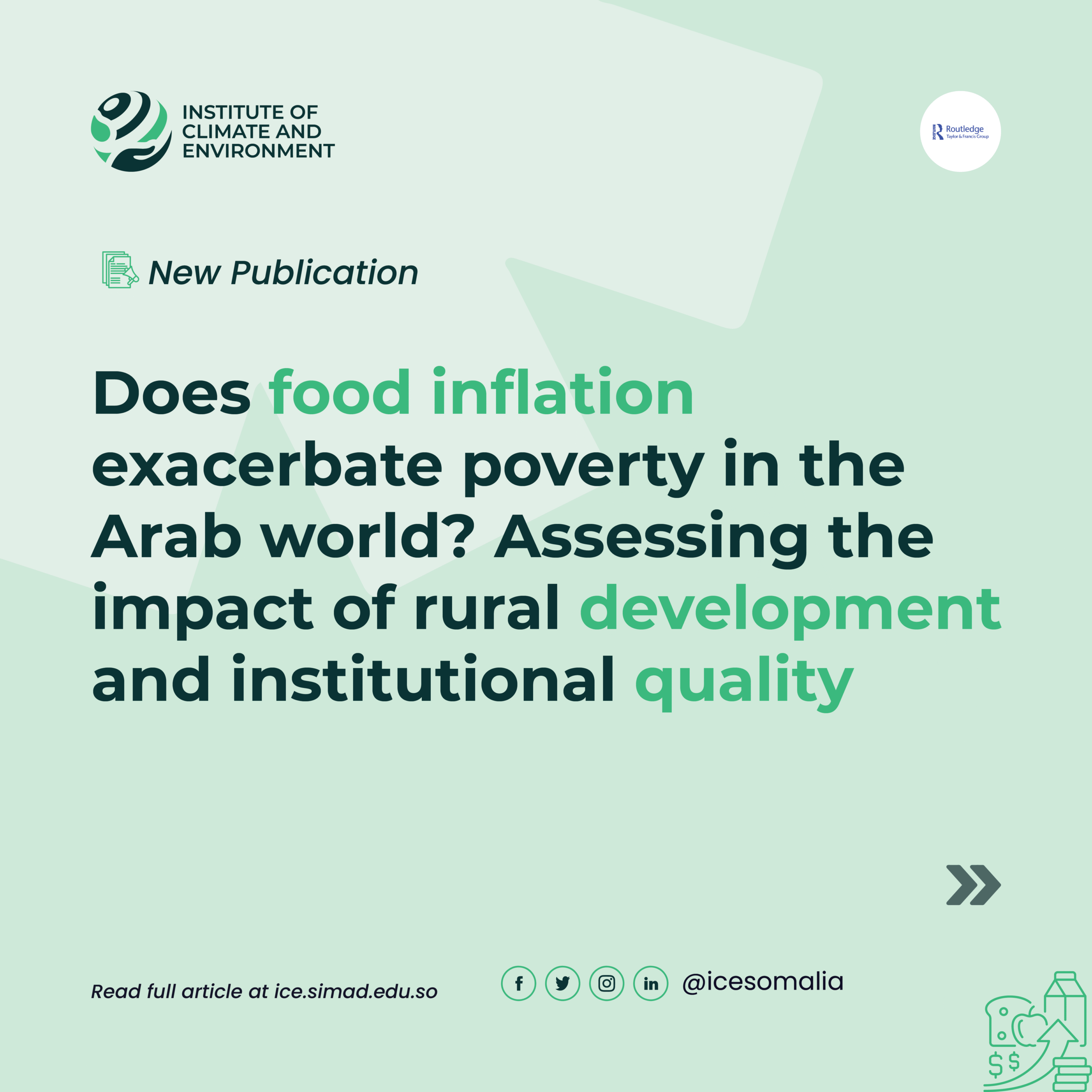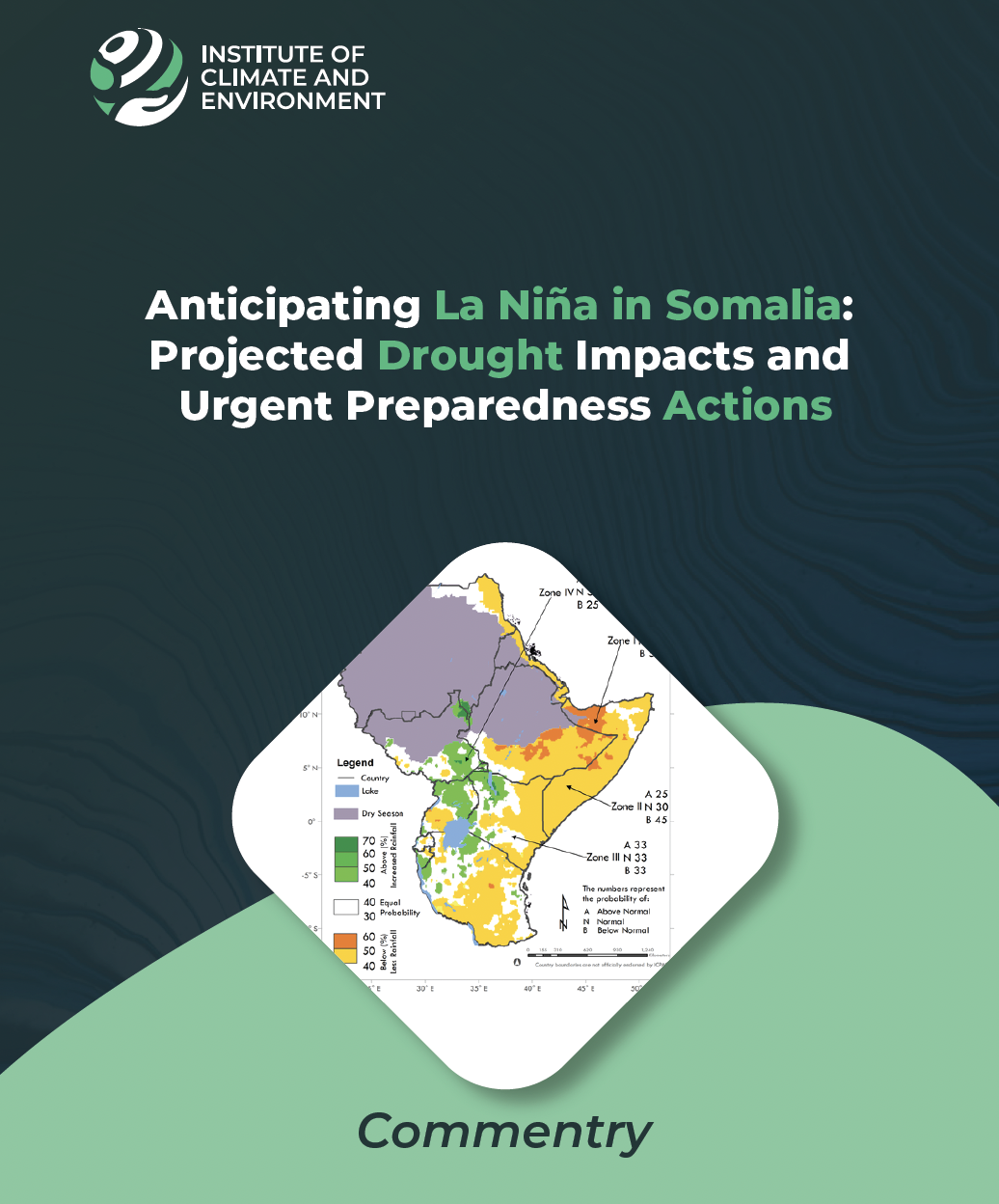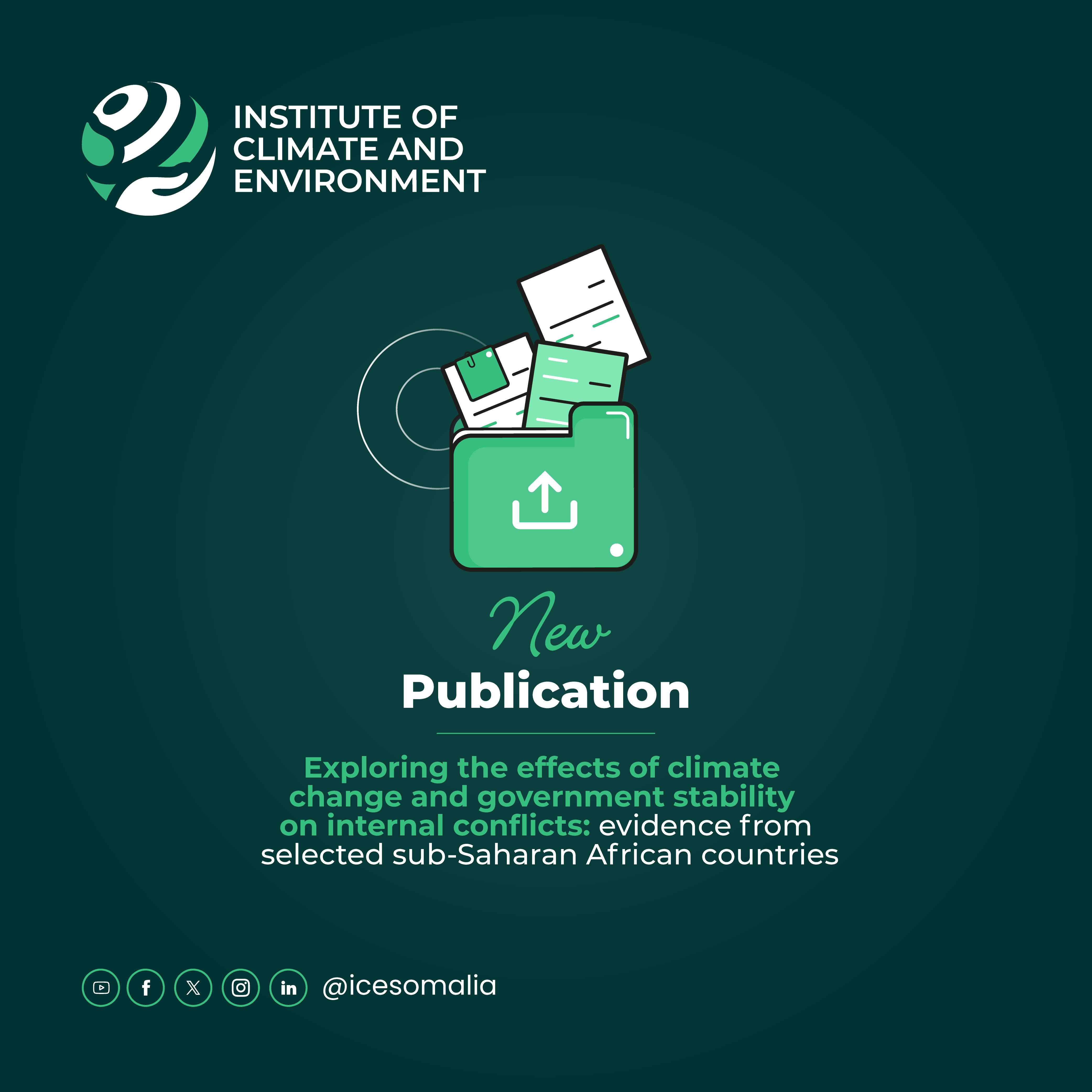
Exploring the effects of climate change and government stability on internal conflicts: evidence from selected sub-Saharan African countries
Summary of the Study
This summary provides an overview of the key findings and insights from a study that examines the intricate relationship between climate change, environmental degradation, and conflict in sub-Saharan Africa (SSA). The study focuses on the vulnerabilities of SSA countries, particularly their susceptibility to climate-induced conflicts, and the adverse effects of climate change on societal stability and well-being.
Climate change has become a significant driver of conflicts worldwide, contributing directly or indirectly to approximately 20-30% of conflicts. SSA is particularly vulnerable to these effects due to its population density, fragile ecosystems, and reliance on climate-sensitive sectors like agriculture, tourism, and fisheries.
Environmental Changes and Conflict
Environmental changes, such as extreme weather events, water scarcity, and resource competition, can lead to economic hardships, displacement, and ultimately, armed conflicts in SSA.
Government Capacity and Vulnerability
Weak government institutions in SSA countries are more susceptible to the destabilizing effects of climate change. Reduced agricultural income, higher food prices, and declining crop yields can lead to political unrest and violence.
Climate-Induced Conflict in SSA
SSA countries heavily dependent on rain-fed agriculture are at high risk of experiencing conflicts during extreme climate events like droughts and floods. The competition for resources, such as water and pasture, can further escalate conflicts.
Displacement and Resource Scarcity
Environmental changes can displace millions of people, intensifying competition for limited resources and racial tensions, thus contributing to conflicts.
Limited Adaptive Capacity
SSA countries often lack the resources and infrastructure to reduce their vulnerability to climate change. Despite their low greenhouse gas emissions, they remain highly susceptible to climate-related catastrophes.
Study Contribution
This study provides valuable insights by focusing on selected SSA countries with a history of conflict and institutional fragility. It examines the impacts of climate change, deforestation, population growth, and government stability on internal conflicts through panel data analysis. The study also explores the causality between these factors and conflicts. The findings aim to inform policymakers in developing effective climate change policies for conflict prevention and societal stability.
In conclusion, the study underscores the urgent need for robust and comprehensive policy interventions to address the security implications of climate change and environmental degradation in sub-Saharan Africa. These policies should encompass strategies for climate adaptation, sustainable resource management, conflict resolution, and government stability to ensure the well-being and stability of vulnerable communities in the region.
